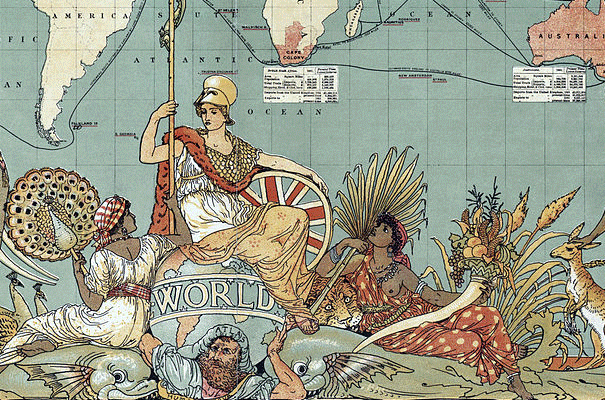Publications
Scientific publications
Readings & Reviews
Research axes
The collections
Scientific publications
Readings & Reviews
Research axes
The collections

High strategic capabilities and defensive military assistance in the Ukraine war: the double threshold dilemma
One of the major elements of the Russian-Ukrainian confrontation is of course its potential nuclear nature. This dimension encourages the Biden administration not to let the war in Ukraine degenerate into a major conflict that would directly oppose Americans and Russians. This limit makes the problem of Western co-belligerence a key element in the political-military equation of the conflict. Taking this context into account, this note relates the tactical-operational “threshold” related to this arms supply to a second threshold of a politico-strategic nature, which in turn is influenced by the phenomenon of the interconnection of high strategic capabilities, and which opens up the delicate concept of multi-domain deterrence.
𝐉𝐚𝐧𝐮𝐚𝐫𝐲 𝟐𝟎𝟐𝟑

Economics of maritime flows, Economics of naval forces. Reflections on the notion of spatial address in the British thalassocratic strategy
Studying the heyday of English imperial power from 1830 to 1940, John Darwin judges that “[if] the British were able to build a world empire, [it] is because they were able to exploit the opportunities of global connectivity more completely than their rivals” Whether we consider the Empire in terms of its politico-economic “connections” or its military “maintenance”, can we say that this double dimension of “global connectivity” was thought by the British simultaneously?
𝐀𝐩𝐫𝐢𝐥 𝟐𝟎𝟐𝟎

Carl von Clausewitz in his time: die Natur des Mannes
The eight books of Vom Kriege (On War), written between 1820 and 1831 by the Prussian general Carl von Clausewitz, have long inspired strategists and strategists, despite the incompleteness of the work and the often arduous philosophical criticism that structures the frame.

Offshore Balancing and Onshore Access, the role of coastal access in thalassocratic American culture
In American strategic culture, the balance between dominance of the open sea on the one hand and presence on distant shores on the other has been the dual foundation of naval thinking since its origins. The ambivalence present at the very heart of the work of Mahan, the most famous maritime and naval strategist in American history, bears significant witness to this. For the United States, Offshore balancing, a global political objective derived from this observation, remains inseparable from Onshore access on the shores of all continents.


